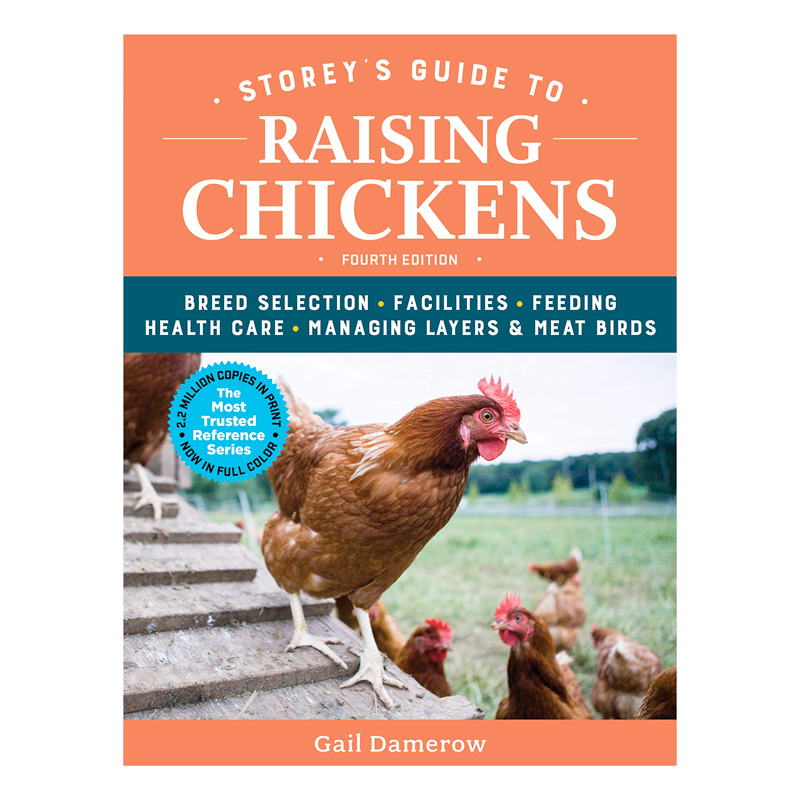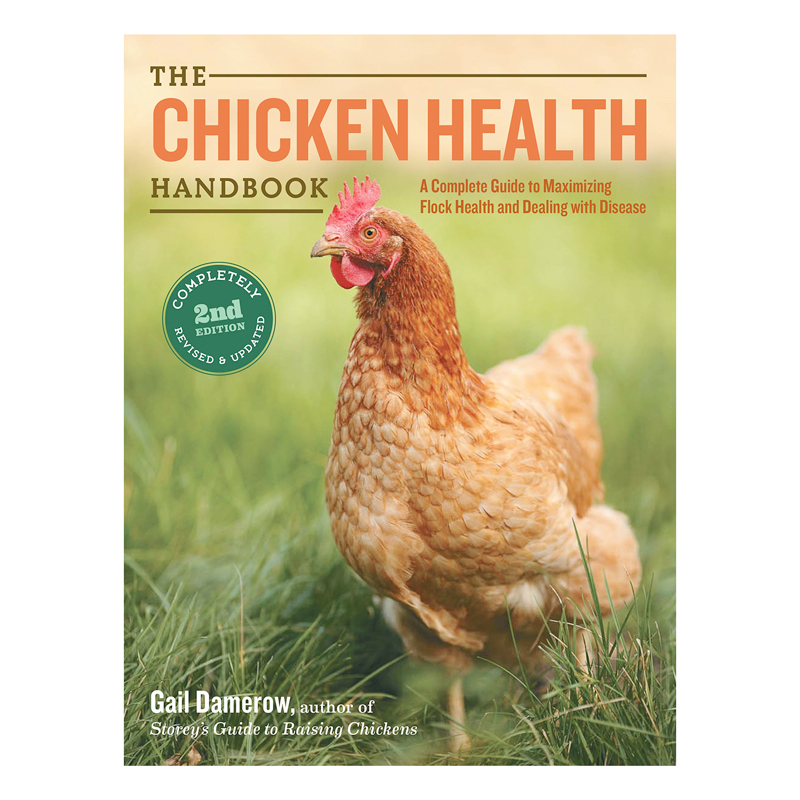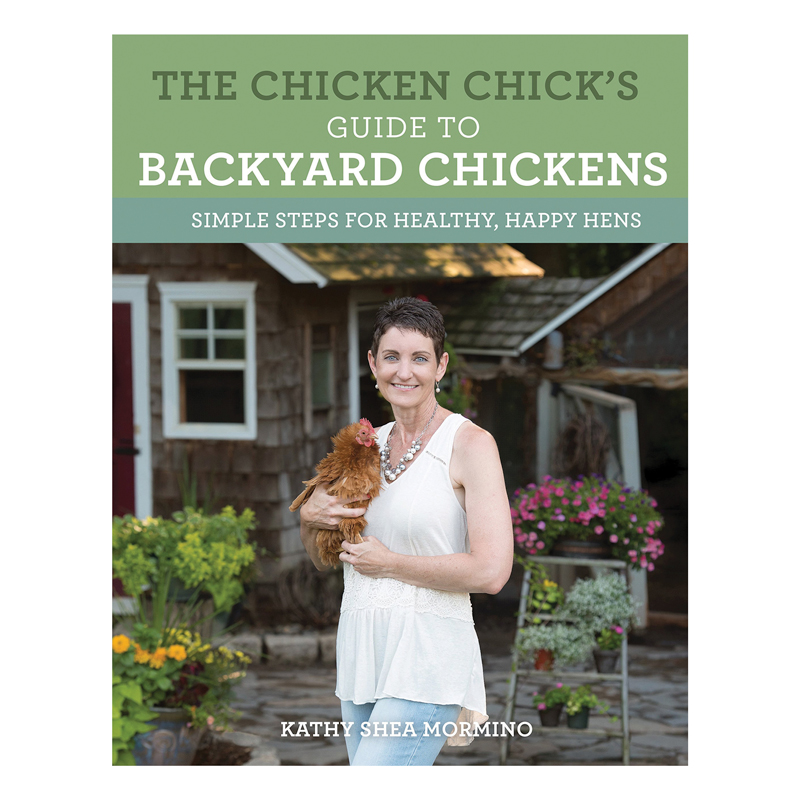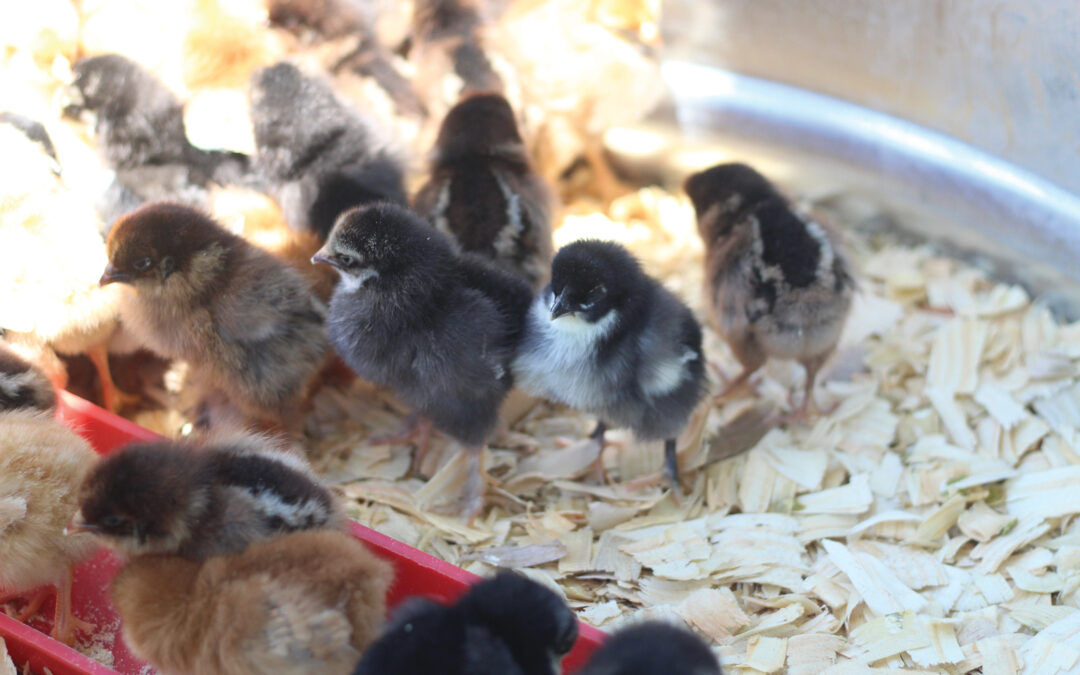Are you thinking about keeping chickens? Is this your first time ordering day-old baby chicks? While baby chicks are cute and fluffy, it can also be stressful for first-timers. To help alleviate any fears or stress, we asked five experts for their top chick tips for new chicken owners.
Meet the Experts
From legal issues to consider before buying chicks, to brooder basics and feed, these experts offer a wealth of experience for anyone new to keeping chickens.

Tom Watkins
Tom Watkins is President of McMurrray Hatchery. Tom and his wife, Ashley, raise and keep a variety of poultry on their rural Iowa homestead.

Gail Damerow
Gail Damerow is an icon when it comes to keeping chickens. A best-selling author, Gail literally wrote the book(s) on keeping chickens.

Ann Accetta-Scott
Ann Accetta-Scott of A Farm Girl in the Making & Acorn Creek Farmstead is an author, speaker, and educator on all things homesteading.

Janet Garman
Janet Garman of Timber Creek Farm is is an author and speaker. She offers a wealth of knowledge on raising and keeping chickens.

Kathy Mormino
Known as The Chicken Chick, Kathy Shea Mormino is an author and speaker, educating backyard chicken keepers across the globe.
Chick Tips from Tom Watkins, President of McMurray Hatchery

- Make food and water easy to access. Keep plenty of fresh food and water in simple containers that are easy for the chicks to access and use. I like to put feed on egg cartons on the floor of the brooder for a few weeks before transitioning to a trough feeder.
- Keep water clean. Place waterers on upturned bowls so that they are level and the chicks can’t kick shavings into them as easily. Scoop dirty sawdust out of your waterers frequently, and refill them with clean water daily.
- Never throw wet shavings on the ground when cleaning your waterers. Brooders need to be as dry as possible to prevent coccidiosis.
- Listen to your chicks. They will tell you when they need something. You quickly learn their happy chirps versus their distress calls.
- Don’t overthink it! Raising chicks is easy and fun.
Chick Tips from Gail Damerow, Poultry Expert and Best-Selling Author

- Offer water to new arrivals before feeding them. When chicks arrive by mail, first give them warm water to drink so they are well hydrated before they start eating. They will digest their first meal better when fed 2 to 3 hours after they drink water.
- Feed chicks a balanced starter ration. Chick starter ration contains a mixture of grains, protein, vitamins, and minerals formulated to satisfy a baby chick’s nutritional needs.
- Never feed chicks a layer ration. The higher calcium content can permanently damage young kidneys.
- Adjust the height of your waterer as chicks grow. As your chicks grow, adjust the height of the waterer to keep the water level between a chicks’ eyes and the top of their backs. When water is at this height, chicks drink more and spill less.
- Wash your hands after handling baby chicks. For health safety, remind children to wash their hands immediately after handling chicks or helping tend the brooder. Children should also be taught to never kiss chicks as well.
- Manage the brooder to prevent overcrowding. Feather picking is a common cause of feather loss on the lower backs of chicks. Chicks grow so fast they quickly become overcrowded unless they are given increasingly more brooder space. Overcrowding causes stress — a major trigger for picking.
Chick Tips from Ann Accetta-Scott, A Farm Girl in the Making and Acorn Creek Farmstead

- Learn how to minimize the risk of coccidiosis in the brooder. While offering medicated chick feed is an option, there are many ways to prevent your chicks from getting coccidiosis naturally, such as changing bedding often and keeping your waterer clean and free of waste. — Click to read more about coccidiosis.
- Use a reliable broody hen. If you want to avoid setting up a brooder, a reliable broody hen will often accept chicks that are only a day or two old. Make sure you keep an eye out to ensure she has fully accepted the chicks after you give them to her. Broody hens are also an excellent choice for those raising chicks off-grid.
- Support your chicks’ immune systems. Astragalus, oregano, and thyme all have many immune-boosting benefits. Herbal infused water is an easy way to get herbs into your chicks. Read more about how I use herbs to support my chickens’ immune systems here.
- Try out a heat plate. Radiant heat brooders, such as the one made by Brinsea, are an energy-efficient heat source for chicks. They are a much safer option than infrared heat bulbs.
- Use grit appropriately. If you’re using a water-soluble commercial chick feed, then grit isn’t needed. However, if you are feeding crushed grain, table scraps, or other foraged items, your chicks would need access to appropriately sized grit.
- Chicks don’t need a calcium supplement. Calcium is not necessary until a hen begins to lay. Offering calcium too soon can cause a dietary imbalance and is unnecessary for young chicks.
Chick Tips from Janet Garman of Timber Creek Farm

- Keep your setup simple. Brooders do not have to be complicated! I have had great success with starting my chicks in a large plastic container with a heat source.
- Place your feed and water just beyond the heat source. This will encourage your chicks to move around and explore their brooder while remaining warm. As they grow, move their food and water further away, and begin to raise the heat source to gradually lower the temperature in the brooder.
- Don’t overcrowd your chicks. Chicks will quickly outgrow their original plastic bin style brooder, causing it to become overcrowded before the chicks are developed enough to transition to a big coop. If you have a transitional brooder or grow out area ready for the chicks, you will have an easier time during the last few weeks before chicks can move outside. We use a pallet box for chicks when they have outgrown the plastic bin. There is room for a heat source, and there is plenty of space for those tiny feathered wings to spread out a bit.
Chick Tips from Kathy Shea Mormino, The Chicken Chick™

- First and foremost, research the legalities of chicken keeping in your area. Before doing anything, check municipal ordinances and zoning code regulations to make sure you can keep chickens legally. Don’t assume that it’s legal just because others in the neighborhood are doing it. Research whether there is a limit on the number of chickens, a permit required for a coop, whether roosters are allowed, or if there are any other restrictions. Don’t be afraid to petition your local government to change the law to legalize chicken-keeping
- As your chicks grow, do not offer unnecessary extras to supplement feed. The biggest mistake backyard chicken keepers make is failing to appreciate the importance of a nutritionally complete diet. Nutrient balance is everything. Chickens of all ages are extremely sensitive to nutrient imbalance, which can result in health issues, undesirable behavior, feather loss, egg-laying problems, and ultimately, shortened lives. Feed (in both crumble and pellet forms) made by reputable companies contains all the nutrients your birds require, in the correct forms and balance. There is no benefit to offering backyard chickens any other food items or supplements in their diet (with the sole exception of grit, and oyster shell which is a necessary side offering for laying hens). Treats, snacks, kitchen scraps, vegetables, garden seconds, mealworms, greens, scratch, cracked corn, etc. are all unnecessary and create dietary imbalance.
Recommended Reading for Getting Started with Baby Chicks

Storey's Guide to Raising Chickens

The Chicken Health Handbook


